Published
4 years agoon
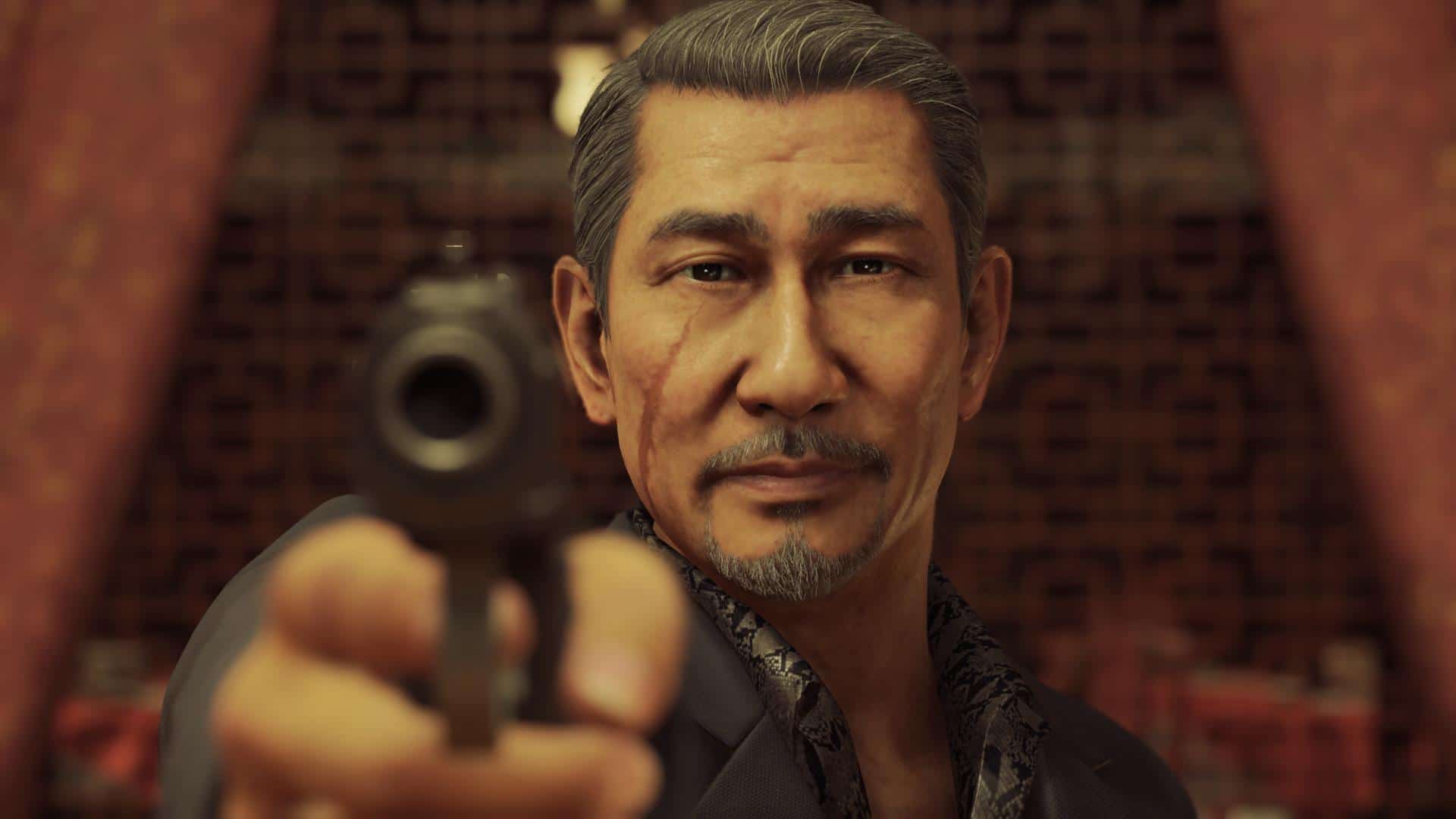
This George Takei interview contains spoilers for Yakuza: Like A Dragon.
THE NATURAL ARISTOCRAT (NIR REGEV): Yakuza: Like A Dragon was a societal breakthrough in my opinion because it spotlights the game’s homeless as sensitive human beings down on their luck. Tragic figures, rather than the one-dimensional stereotypes of vagabonds we’ve become accustomed to in media. Greg Chun’s voiced character Yu Nanba being a perfect example.
What does it mean to you to have been part of a project that undertook these kind of themes without a voice in our society?
GEORGE TAKEI: My mission in life is to shatter stereotypes and Japan has two stereotypes, one positive and one negative. I’d much rather emphasize the positive, but there is another show that’s on right now called Tokyo Vice (HBO) that rounds out that image of Japanese society. The sleazy underworld of Japan today.
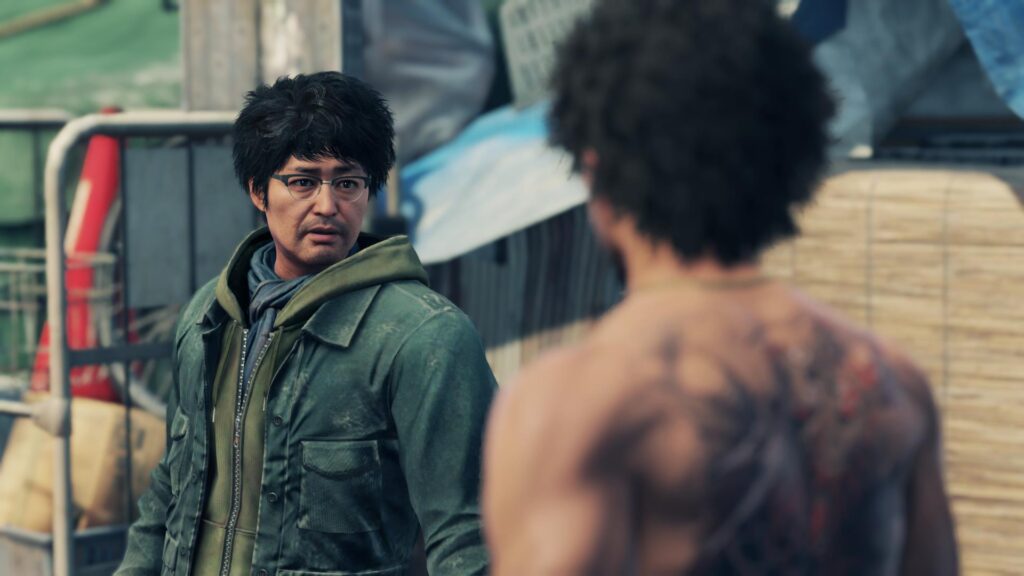
Greg Chun as Yu Nanba and Kaiji Tang as Ichiban Kasuga in Yakuza: Like A Dragon. Art Credit: SEGA / Ryu Ga Gotoku Studio
Stereotypes are simplified cartoon of a people. What we want is a full dimension humanized depiction of the various minorities that make up the United States. On Star Trek, we have this acronym IDIC, Infinite Diversity in Infinite Combinations. And that’s the strength of America.
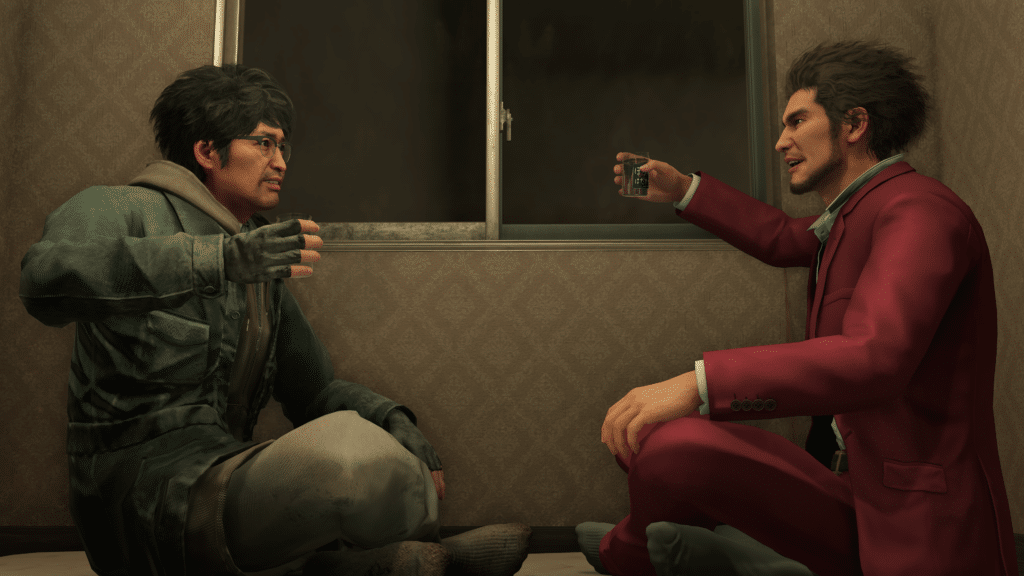
Greg Chun as Yu Nanba in Yakuza: Like A Dragon. Art Credit: SEGA / Ryu Ga Gotoku Studio
We have very diverse people from all over this world, people of different races, different faiths and different backgrounds coming together and working in concert as Americans.
So I prefer that approach to getting to know something about another culture.
THE NATURAL ARISTOCRAT: Yakuza: Like A Dragon’s Masumi Arakawa cuts off his own pinky finger in a trade for a teenager’s life he did not know in Ichiban Kasuga. All because Ichiban used his name to buy time… Which demonstrates how strong the concept of ‘saving face’ is in Asian culture.
Could you elaborate for a Western palette why ‘having face’ is so pivotal in Japanese & Asian culture in general?
GEORGE TAKEI: Yes, it is immensely important. Saving face and not disgracing other people. Certainly maintaining your face is an important part of Japanese culture. The Samurai culture is that as well.
I think it’s also true of Korean culture. China is a little different, there is that respect for hierarchy, but not necessarily for humanity. That’s why it’s an authoritarian society.
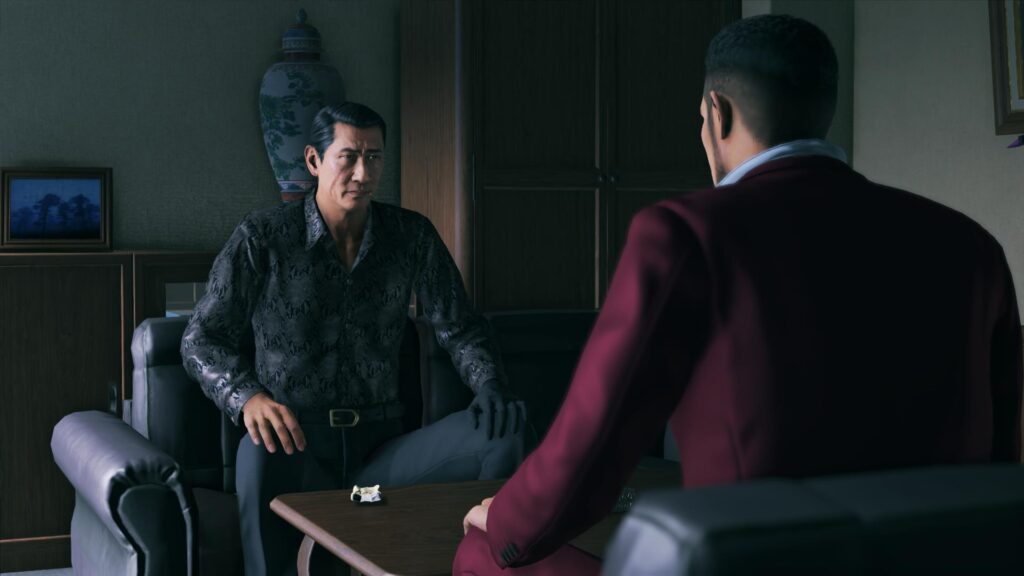
George Takei as Masumi Arakawa and Kaiji Tang as Ichiban Kasuga in Yakuza: Like A Dragon. Art Credit: SEGA / Ryu Ga Gotoku Studio
The Yakuza too, it’s a criminal organization, but within that group, there’s those same values. The senior, the leader. You get there not just by strength, but by your age and respecting that. But at the same time, maintaining your own dignity and respecting the seniority of the older leader, those are values.
That’s very intrinsic to Japanese society, whether it’s law abiding or law less.
THE NATURAL ARISTOCRAT: Was the whole concept of Bleach Japan in Yakuza: Like A Dragon a type of political allegory?
Bleach Japan claims to target the ‘Gray Zones’ or criminal elements of the city but in practice they end up impacting the downtrodden people looking to survive like brothel sex workers and homeless encampments.
Some might say their followers are distracted from true corruption at the top.
GEORGE TAKEI: There is that element, but they are cruel criminals. I mean, what they do to people that are having trouble, experiencing difficulties… They’re like the mafia and what they do is absolutely not only lawless, but inhumane and their only purpose is to enrich themselves.
Yes, some of them have the humanity to give some help and assistance to poor people or destitute people in great need… But their means are not respectable at all. They are despicable people and, and they are totally inhuman in the kind of consequences that they bring about.
THE NATURAL ARISTOCRAT: You’ve mentioned in the past that you weren’t a gamer. I was wondering if you’ve watched the cut scenes of your work in Yakuza: Like A Dragon at least?
GEORGE TAKEI: (laughs) That’s correct, I’m still not a gamer. So alas, I haven’t watched the cut scenes.
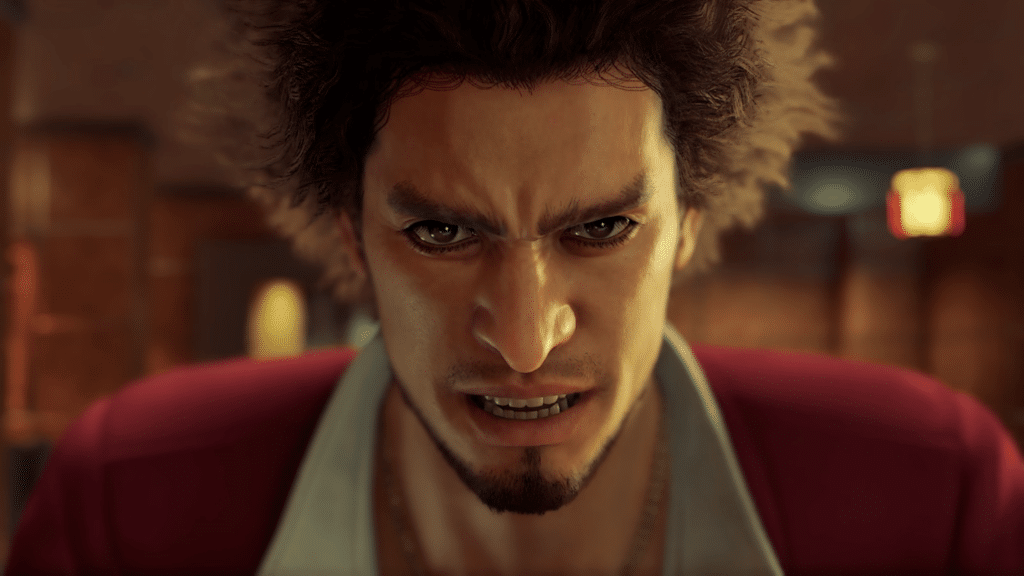
Kaiji Tang as Ichiban Kasuga in Yakuza: Like A Dragon. Art Credit: SEGA / Ryu Ga Gotoku Studio
THE NATURAL ARISTOCRAT: Masumi Arakawa silently blames himself for his son Masato’s disability caused by hypothermia from staying hidden in a locker for too long. This is solved in adulthood through an experimental lung transplant in the U.S, under Masato’s new name Ryo Aoki, since the Arakawa family is one of means.
A FOX series named The Cleaning Lady recently dealt with the difficulty of obtaining vital organ transplants when you’re not a person of means. Opposite sides of the spectrum.
I was wondering if you’ve watched The Cleaning Lady’s opposite take on it?
GEORGE TAKEI: You know, I haven’t seen that show yet, I’ve mostly been watching Tokyo Vice (HBO). Again, there with the Yakuza organization, it’s terrifying.
I mean, the Yakuza can be evil, intimidating people. Brow beating people and coercing them to the point where they commit suicides. They pour gasoline on themselves and set themselves on fire.

Kaiji Tang as Ichiban Kasuga and Matthew Mercer as Goro Majima in Yakuza 7: Like A Dragon. Art Credit: SEGA / Ryu Ga Gotoku Studio
And that is known to have happened in Japan because of Yakuza intimidation or their attitude toward guiding women… White women working in the alcoholic underworld of Japan…
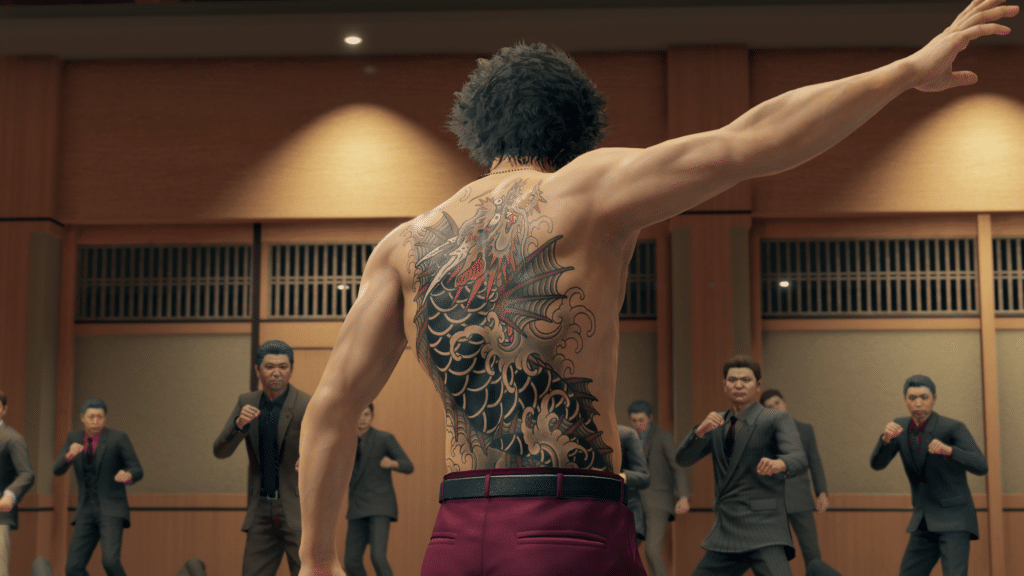
Kaiji Tang as Ichiban Kasuga in Yakuza: Like A Dragon. Art Credit: SEGA / Ryu Ga Gotoku Studio
THE NATURAL ARISTOCRAT: Thanks a lot George! Your voice work in Yakuza: Like A Dragon was tremendous.
GEORGE TAKEI: Thank you very much! I appreciate that.
– Check out Part 1 of our Interview with George Takei on being named Grand Marshal of New York City’s first ever Japan Parade this Saturday, May 14 at 1:00 PM Et.
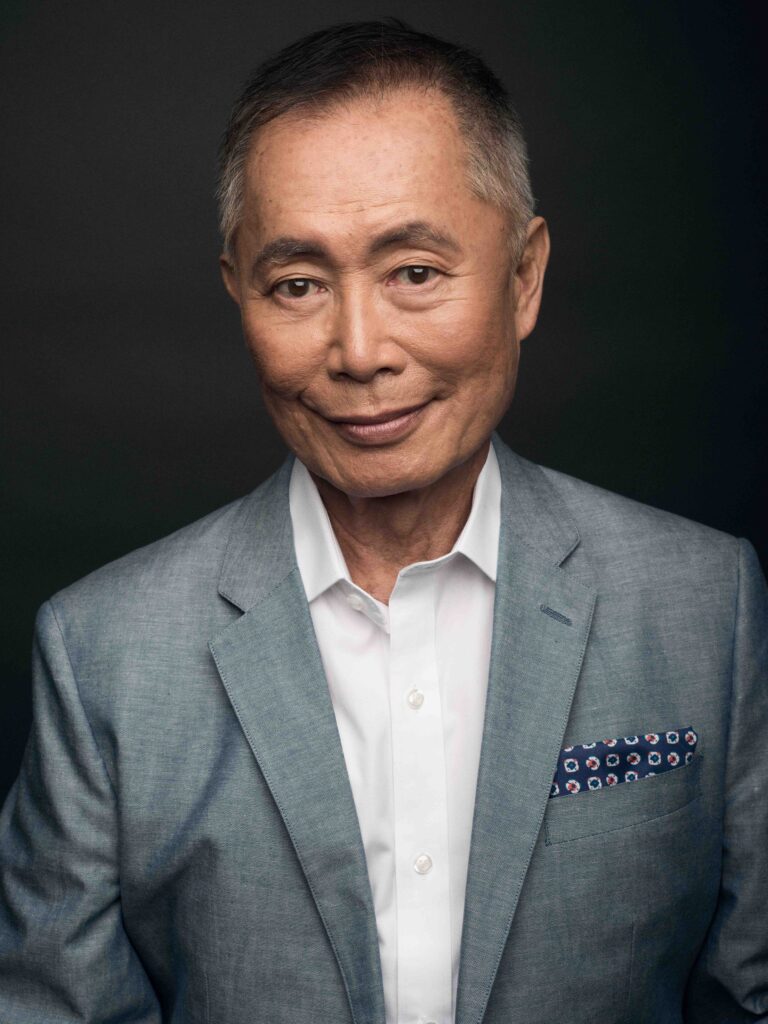
George Takei
Follow George Takei on Twitter, Instagram, Facebook, YouTube and Takei’s official website.
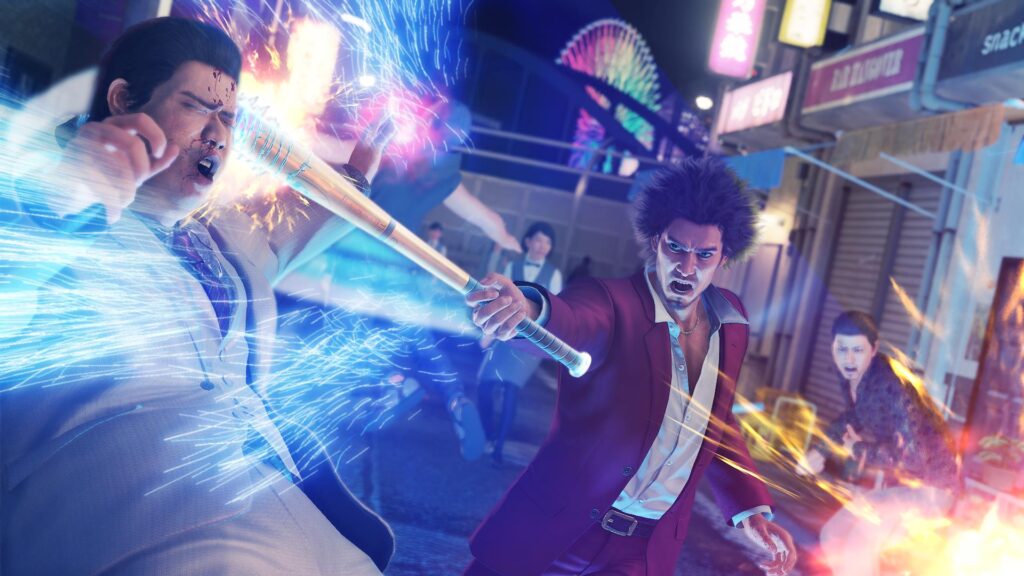
Kaiji Tang as Ichiban Kasuga in Yakuza 7. Art Credit: SEGA / Ryu Ga Gotoku Studio
– Be sure to read Yakuza: Like A Dragon’s homeless story is a societal breakthrough
– Buy Yakuza: Like A Dragon on Amazon
– Read more video game exclusive interviews, news, and reviews in the Gaming News section!
Nir Regev is the founder of The Natural Aristocrat. You can directly contact him at [email protected] for coverage consideration, interview opportunities, or general comments.



Kayli Mills to voice Kaya in RAIDOU Remastered English Dub


SEGA’s Renaissance – ‘Like a Dragon: Infinite Wealth’ sells 1 Million in 1 Week


Like a Dragon Gaiden should get award for homeless awareness


AEW: Like a Dragon Gaiden Street Fight live stream, air time


Anime Expo: Persona 5 Tactica Dub Voice Cast Panel Announced


Yakuza: Like a Dragon sequel Infinite Wealth trailer reveal
The Natural Aristocrat